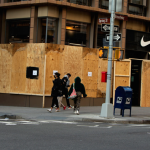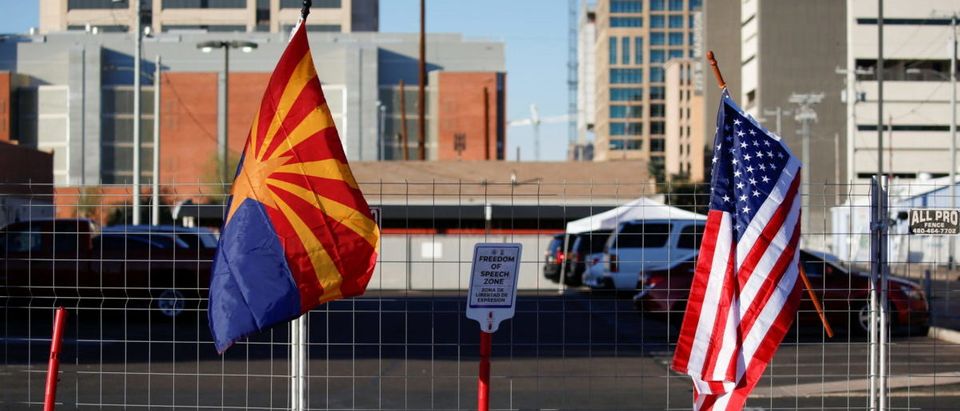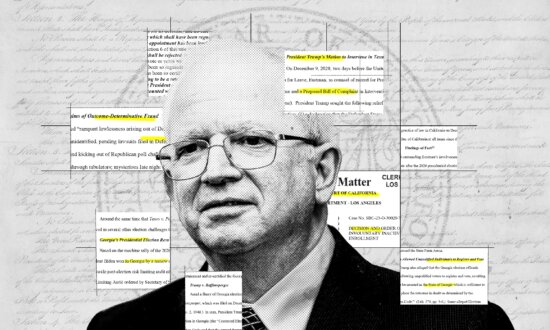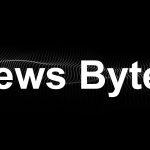OAN’s Elizabeth Volberding
5:45 PM – Tuesday, December 12, 2023
A United States judge upheld Texas’s prohibition of the well-known video application, TikTok, on state-owned devices or networks.
Advertisement
In a Monday order, a federal judge upheld a Texas law that forbids the use of TikTok on state-owned devices and networks.
U.S. District Judge Robert Pitman refused a lawsuit introduced by the Knight First Amendment Institute at Columbia University, which asserted that the Texas rule breached the First Amendment by banning the use of TikTok on public university Wi-Fi.
“While the Court recognizes the importance both of protecting academic freedom and supporting public employees’ right to free speech, the Court finds that these important ideals do not dictate the appropriate framework for this case,” Pitman declared.
According to Pitman, the ban is “not a restraint on public employee speech,” with university staff and all public workers having the ability to use TikTok on their personal devices, as long as they are not used to enter state networks.
Additionally, the judge stated that the prohibition is a “reasonable restriction on access to TikTok in light of Texas’s concerns,” which focused on data protection and TikTok’s Chinese-owned company ByteDance.
However, TikTok has declined accusations that ByteDance suggests security or privacy risks.
Jameel Jaffer, who is the Knight Institute’s executive director, stated that the verdict was “disappointing.” The Knight Institute asserted that the decision would not only restrict academic freedom, but would limit examiners at public schools in Texas from administering inquiries about TikTok.
Jaffer continued, saying that the Texas ban prevents “public university faculty from studying TikTok — including from studying the very privacy concerns that supposedly motivated the ban.”
“Restricting research and teaching about one of the world’s major communications platforms is not a sensible or constitutionally permissible way of addressing legitimate concerns about TikTok’s data-collection practices,” Jaffer said in a statement.
A senior staff attorney at the Knight institute, Ramya Krishnan, shared her opinion about the TikTok ban, claiming that the prohibition “doesn’t actually serve privacy because other platforms are collecting the same data, and because the same kind of data collected by TikTok can easily be purchased from data brokers.”
“The Court should have required Texas to justify the ban. It’s disappointing it didn’t,” Krishnan said.
Several other states in the U.S., along with the federal government, have restricted the use of TikTok on government-controlled devices.
Pitman compared the ban to Montana, which pursued the prohibition of all TikTok use in the state beginning on January 1st, but was blocked by another judge in November, who decided that the ban “violates the Constitution in more ways than one and oversteps state power.”
As a result, in May, TikTok sued the state of Montana, attempting to prevent the U.S. prohibition on multiple grounds and asserting that it breaches the First Amendment regarding the free speech rights of the corporation and its users.
Meanwhile, the TikTok app, which has amassed over 150 million users in the U.S., denied allegations that it improperly uses the country’s data.
Stay informed! Receive breaking news blasts directly to your inbox for free. Subscribe here. https://www.oann.com/alerts












